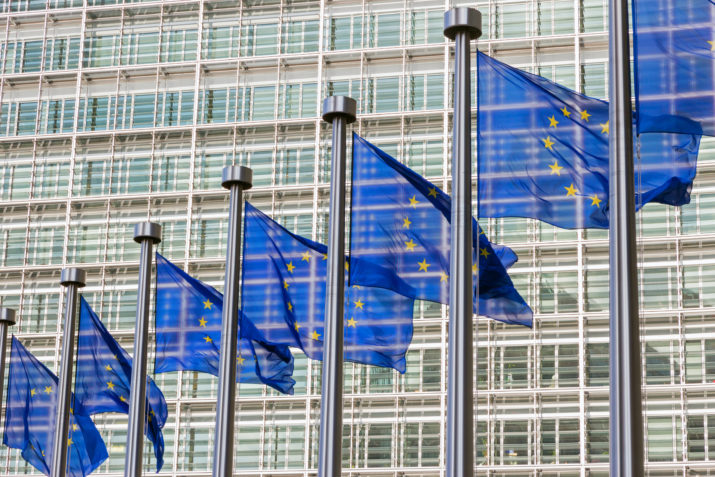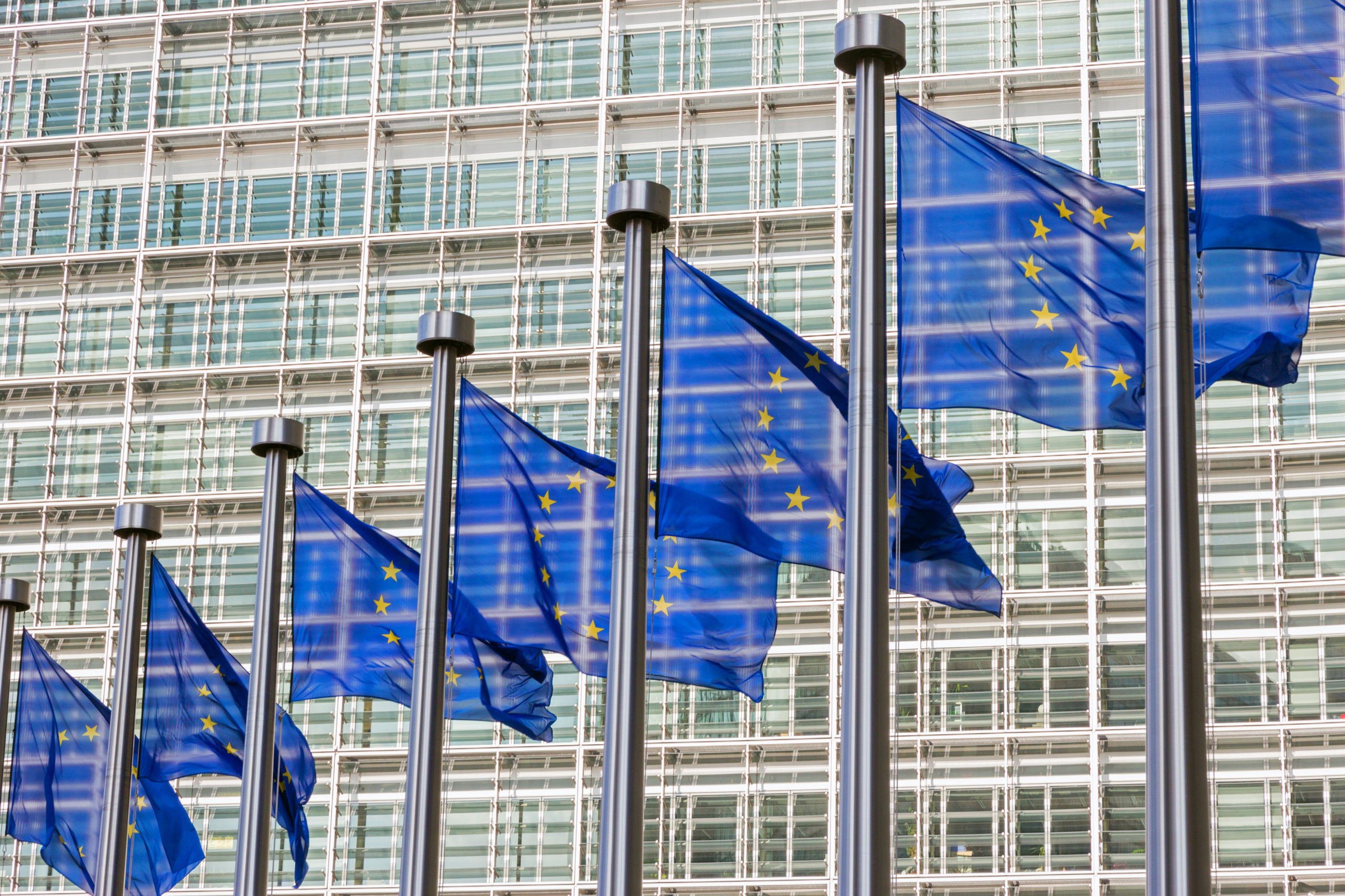

An introduction to a roundtable on the EU Neighborhood.
In 2020, the European Union was supposed to take stock of its actions—looking both at the internal and external evolutions—in order to finalize and better prepare for the Multiannual Financial Framework of 2021-2027. Everything was on the agenda of political leaders and citizens alike—the negotiations for a post-Brexit EU, the post-2020 programming for flagship initiatives, and the unfolding of all the initiatives of the new European Commission. 2020 took an unexpected turn with the outbreak of COVID-19 in March, which led to frantic efforts by the European Union and its Member States to contain the spread.[1] However, the EU managed to maintain its focus on its partners too, by providing assistance in these times of crisis and pledging a part of the recovery budget for the mitigation of the pandemic’s effects on the partner countries.[2] On top of everything, the second half of the year witnessed a wave of political turbulences in the EU’s neighborhood, ranging from protests against governments stemming from people’s discontent with elections’ results in Serbia, Belarus and Kyrgyzstan, to even a war in Nagorno-Karabakh.
We invited four young experts to take part in this roundtable in order to discuss the impact of these events on the respective countries’ relations with the EU, with a view towards their broader effects on the EU’s aspiring status as a relevant global actor. The emergence of a stronger EU following the COVID-19 crisis is not only shaped by internal battles to strengthen the cooperation and resilience of the Member States, but also by the capacity of the EU to represent a true leader and support for its partners.
The trip we take starts in Belgrade, Serbia, where Dragoș Ioniță analyzes the July protests on the background of the contested elections in June and the relative passiveness of the EU institutions, coupled with the challenging negotiations for EU accession. The analysis provides some policy recommendations for specific actors involved in the EU-Serbia relations, with a vision of improving the country’s European prospects.
Next, we stop in Minsk, Belarus, where the victory in August elections was claimed by the incumbent President, Aleksandr Lukashenko, despite popular support for opposition leaders. Vlada Șubernițchi provides an overview of the events, taking into consideration the strong support showed by the EU institutions and Member States for the civil society movements, and emphasizing the balance between remaining an open supporter of the civil society and not intervening in the domestic politics of a partner state.
The following point of focus is the re-emergence of a heated conflict between Azerbaijan and Armenia over the disputed territory of Nagorno-Karabakh, where the EU was left outside of any negotiations and settlements, as Georgiana-Cătălina Marcu argues, thus raising questions about the actual role the EU is having in countering Russian presence in the Eastern Partnership countries and Brussels’ impact on fostering stability and resilience in the Eastern societies.
Finally, we stop even further East, in Kyrgyzstan, a small “island of democracy” in Central Asia, apparently less connected to the EU. Ioan-David Onel discusses the aftermath of the October Parliamentary elections, turned from protests against electoral fraud to a spiraling political fight for a return to presidentialism, thus posing a challenge to the real capacity of the EU to be an active player and democracy promoter at the global level.
Ana-Maria Anghelescu is a PhD candidate at the National University of Political Science and Public Administration (SNSPA), Bucharest, Romania, with a thesis focusing on the relations between Romania and the Central Asian states in the European context. Her research interests focus on the Central Asian politics, EU foreign policy, Romanian foreign policy, minority studies. In 2019-2020 she conducted research within the OSCE Academy in Bishkek, Kyrgyzstan, with the support of an Erasmus+ mobility scholarship. She is a member of the Political Science Editorial Committee of the EuropeNow Journal.
References:
[1] For a detailed outlook on the EU’s response to the Covid-19 pandemic, you can check the piece by Diana-Andreea Mandiuc, available at https://www.europenowjournal.org/2020/11/05/the-eus-response-to-the-coronavirus-covid-19-outbreak-in-europe/
[2] Council of the EU (June 8, 2020), “Team Europe global response to COVID-19: Council welcomes the mobilisation of almost €36 billion and approves conclusions”, available at: https://www.consilium.europa.eu/en/press/press-releases/2020/06/08/team-europe-global-response-to-covid-19-council-welcomes-the-mobilisation-of-almost-36-billion-and-approvesconclusions/, accessed on December 6, 2020.
Photo: Flags in front of the EU Commission building in Brussels.
Published on February 9, 2021.




